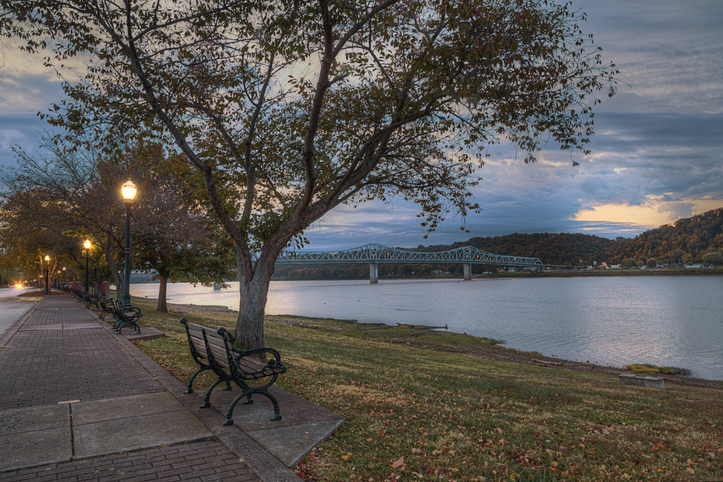TERRE HAUTE, Ind.–Three people are supposed to be executed in Terre Haute, next week. But, there’s no guarantee that the first federal executions in 17 years will happen. The plans are being described as problematic by the executive director of the Death Penalty Information Center.
“The most likely way that the executions would be halted, if all three of them are going to be halted, is the challenge to the lethal injection protocol that’s currently pending in the federal court in Washington,” said Robert Dunham.
LISTEN: Death Penalty Information Center executive director Robert Dunham talks about the federal executions in Terre Haute
That challenge involves the three-drug process that was used to put Timothy McVeigh to death in 2003, and in the last federal execution in 2003. The federal government has skirted this unresolved lawsuit by switching to a one-drug method, using pentobarbitol, which is also problematic, andmay be responsible for botched executions or stalled executions in Texas and Georgia.
The drug may cause a burning sensation, based on comments from prisoners who were being injected, and may also cause a foam to form in the lungs and expand into the esophagus, causing suffocation.
Dunham said the government has also faltered in consideration of the personnel involved in the executions, and their training.
“What the federal government here has done has scheduled three executions over five days, which corrections officials have told the administration magnifies the risk that something will go wrong and they won’t have time to correct it before the other executions scheduled within the same week,” said Dunham.
Dunham said it is highly traumatic for the people involved to put a person to death and to have to participate in three executions in five days puts their mental health at risk.
He also said the government would lose nothing to wait until after the pandemic.
“The federal government has chosen to bring people in from across the country to witness the executions three times in the space of one week and they’re being brought into a facility that already has COVID-19 in it,” he said.
He said the tight schedule and quick movements by the administration has also given the courts little time to consider issues of Constitutionality.













